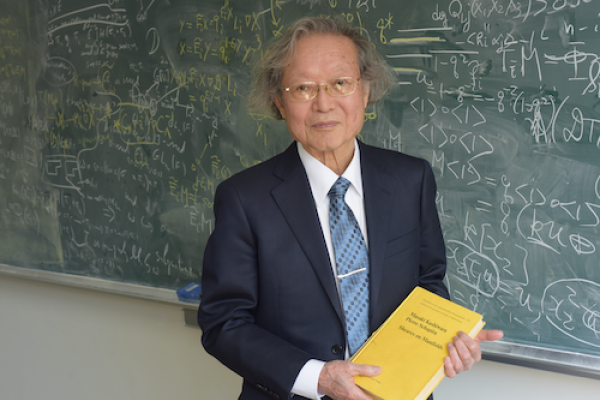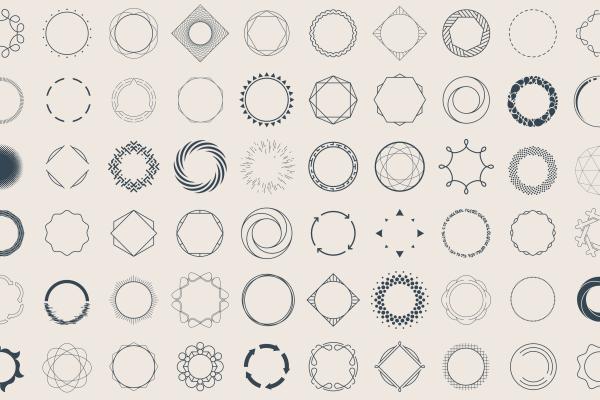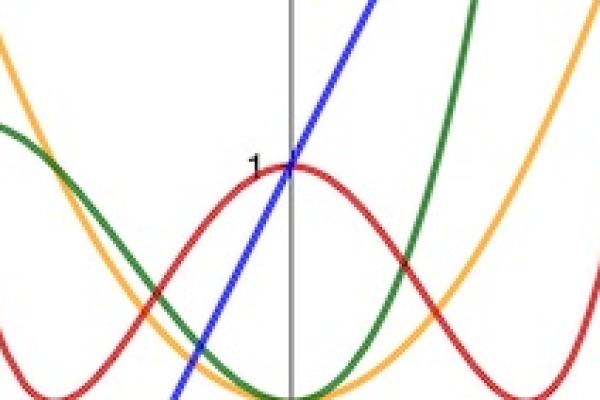
Living proof: Diving into maths with Emmy Noether
In this episode of Maths on the Move we talk to historian of mathematics David E. Rowe about the play Diving into math with Emmy Noether.

In this episode of Maths on the Move we talk to historian of mathematics David E. Rowe about the play Diving into math with Emmy Noether.

We talk to Helge Holden, Chair of the Abel Prize Committee, about this year's winner, the prize itself, and the mathematician whose name it carries.

The Abel Prize 2025 has been awarded to Masaki Kashiwara for contributions to algebraic analysis and representation theory. Find out what this means with our article!

In this episode mathematician Jessica Fintzen, winner of a prestigious EMS Prize, tells us how to capture infinitely many snowflakes at the same time, the maths of symmetry, and why she likes doing handstands.

Groups are staples in mathematics and group theory is often described as the study of symmetry. But what does that mean? Find out with Justin Chen!

Trying to solve a Rubik's cube? A Cayley graph gives you a road map for doing this — and is similarly useful for dealing with any other type of mathematical group!

Groups have become a core part of the language of modern mathematics and theoretical physics. On this page, find out how groups can help describe roots of polynomials, holes on a surface, and even the laws of physics!





Group theory is the mathematics of symmetry and structure. On this page, find out what a group is and how to think about them.



What exactly do we mean when we say group theory is the study of symmetry? Group actions make precise what it means for a group to act by symmetries on an object.


Explore the wonderful world where geometry meets algebra.

Barry Mazur has received the 2022 Chern Medal for profound discoveries in topology, arithmetic geometry and number theory.